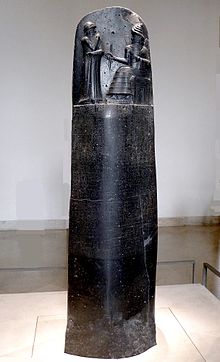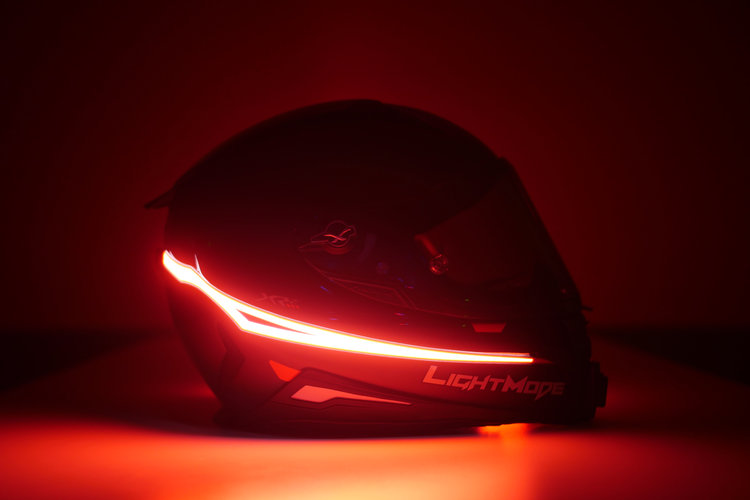The debate over mandatory helmet use for motorcycles will likely go on forever. But the State of Alabama may be upping the mandatory helmet use ante if阿拉巴马州参议院法案- 357becomes law.
Under the proposed law, not only would wearing a helmet remain mandatory, but the helmet must also “…be equipped with reflective features for high visibility.” Even more concerning is the bill’s requirement for the Alabama Director of the Department of Public Safety to approve the reflective features for motorcycle helmets.
参议院法案- 357:公共部门主任Safety Approved List
This means that for a helmet to be legal in Alabama, the helmet would have to be on an approved list published by the Director of the Department of Public safety. If this law is passed, it means that your DOT, ECE, and Snell-certified helmet would not be legal in Alabama if it were not on the Director’s published list of approved helmets.
Should the bill pass as written, one also has to wonder how the Director will determine which helmets are to be approved. That’s because Alabama Senate Bill-357 does not have any parameters describing how much of the helmet must be covered with reflective material and how much reflectivity must be produced by it.
Sales of unapproved helmets a crime
But if you think that’s the end of the bill’s effect, you’d be wrong. The bill also makes selling “unapproved” helmets a crime:
” No manufacturer, retailer, or other person shall sell or offer for sale motorcycle helmets that fail to comply with the standards established by the Director of Public Safety pursuant to this section.”
So when your dealer or online seller stocks perhaps hundreds of helmets, what are they to do with the helmets that are not on the Director of the Department of Public Safety’s list? Are they supposed to eat the cost of the helmets? Those same helmets that are perfectly legal in 49 other states and, with DOT/ECE/Snell approval, legal in most of the world? How pathetic.
Political lunacy
Unfortunately, this piece of legislation is an embarrassing piece of lunacy. Even if we agree that all helmets must have reflective material on their surface, there are no criteria with which to approve or disapprove the helmet.
Even worse, the legislation would not allow someone to modify their existing helmet to comply with the new law. So let’s make up an example, shall we?
Individual compliance with Senate Bill-357
You agree with Alabama Senate Bill-357’s requirement that motorcycle helmets “…be equipped with reflective features for high visibility.” And, you currently own an ECE/Snell approved $600 helmet that does not appear on the Director’s list.

You cover your helmet with rolls of reflective tape. It still won’t be legal if it’s not on the Director of the Department of Public Safety’s approved list.
So you take action to increase the reflectivity of the helmet. You cover 100% of the helmet’s outer shell with Scotchlite reflective material. The material exceeds the reflectivity required for road signs on interstate highways. Then to increase the helmet’s visibility more, you attach a battery-powered light kit that illuminates you and a six-foot area surrounding you. Think you now have a legal helmet? Nope. If it’s not on the Director’s list, it’s not legal. Period.
Manufacturers’ Compliance
Let’s take our scenario one step further. You’re a manufacturer of motorcycle helmets, and you want to comply with Alabama Senate Bill-357. You will spend a lot of money to research reflective materials and make changes in production processes so that all your helmets comply with the law.
But there’s a problem. There’s nothing in the law that defines how much or how little reflective material is necessary. So just how is the manufacturer supposed to know what amount of reflective material and how reflective that material must be? Apparently, that’s too much to ask from the Alabama legislators.
List updates
What about updates to existing helmets? If a helmet manufacturer brings a new model to production that somehow meets the unspecified amount of reflectivity criteria, when will the helmet be added to the Director’s list of approved helmets? Will the manufacturer have to wait a year before the list is updated? When can the company expect to have its helmet reviewed for approval?
Law Enforcement
How are the police going to know whether your helmet is approved or not? Will they have to carry an approved helmet card in their pockets? With the number of helmet manufacturers and the different models that each manufacturer produces, it’s going to have to be a pretty big card.

阿拉巴马州的李多长时间st of approved helmets become? Will police have to carry a giant list similar to Hammurabi’s code? Photo credit: Wikipedia
And how will the police identify the helmet’s make and model? Most manufacturers put their name on the helmet, but what about the helmet model?
Good intentions?
There’s an old saying that goes like this: The road to Hell is paved with good intentions. In the case of Alabama Senate Bill-357, Alabama legislators have created more than a road. They have created a superhighway with wide, paved hard shoulders on both sides and no exit ramps.
If you disagree with Alabama Senate Bill-357, make sure your legislators know about your opposition and the reasons for it.







